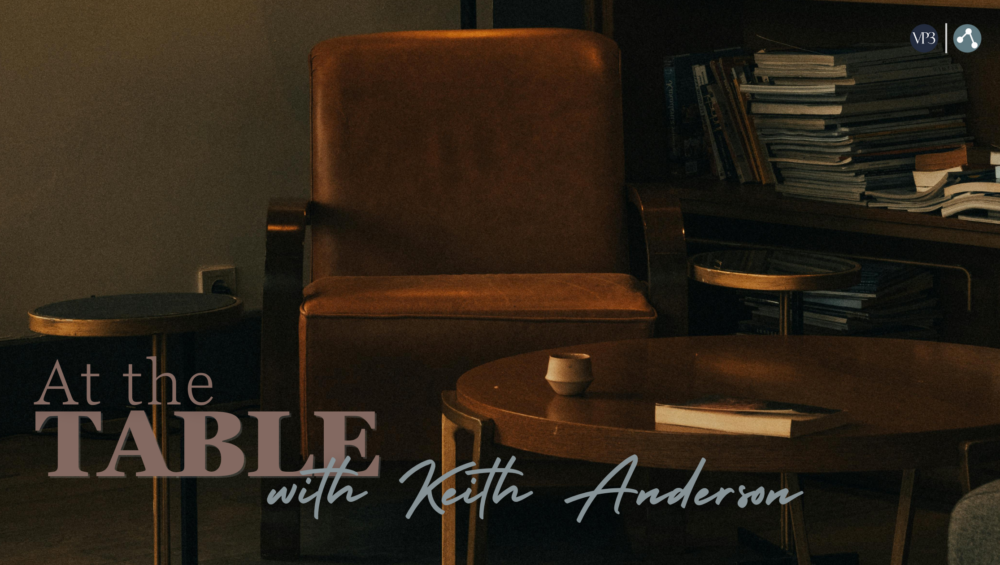In the familiar gospel story, Mary, newly pregnant, makes haste to see her cousin Elizabeth, who is surprisingly pregnant in her advanced years. We all need an Elizabeth.
You know their sons: Jesus and John, cousins, due to miraculous births. Mary knows that she has been given a mission, a future, and a sacred purpose beyond anything her own life drama could write or imagine. Why? Because she had experienced a “Theo drama,” in which God invited her to a task too large for a young Jewish girl to imagine on her own. Her response? “Let it be to me as you have said, I will set aside my own ego drama for something you intend for my life and through my life to the entire world.” Theos, of course, is the Greek word for God.[1]
Mary reaches out to someone else who has found her role in step with God at the opposite season of life to the teenage girl. Elizabeth has also seen her purpose in the larger drama of God’s explosive plan for the universe: “For God did not send the Son into the world to condemn the world, but that the world might be saved through him.” Before John the Baptist and Jesus knew their sacred purpose, two women, mothers both, young and old, were overcome by the drama of God’s call and purpose for their lives. Two women, neither highly educated nor socially prominent, set aside their own plans and accepted a larger plan for them and through them. Read More





